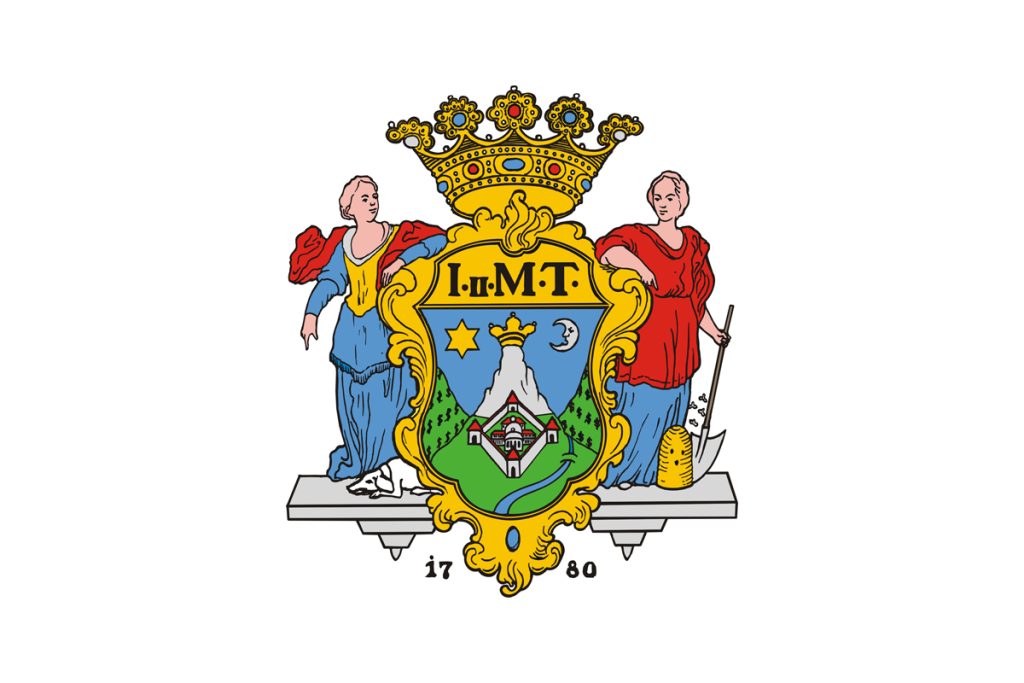School Community Service
Practice is ongoing, starting in 2016.
In Hungary, since 2016 (pursuant to § 6 (4) of Act CXC of 2011 on National Public Education), the condition for issuing a high school graduation certificate is the completion of fifty hours of community service. Community service is a social, environmental protection, individual or group activity for the benefit of the student’s local community, carried out within an organized framework, independent of financial interest, and its pedagogical processing.
Rules of the Community Service
- Affected grades
In high school, grades 9–11. it is advisable for students in the first grade to perform community service over three academic years, proportionally distributed, if possible, which can be deviated from at the request of the parent in justified cases. Completion of the service can be verified no later than the date of issuance of the graduation certificate.
- Areas of activities that can be carried out within the community service
- healthcare,
- social and charitable,
- educational,
- cultural and social,
- environmental and nature protection,
- civil and disaster protection,
- joint sports and leisure activities with children of preschool age, special educational needs, and elderly people.
In all cases as necessary, the institution receiving the student must provide a mentor.
- Spatial limitation
Community service benefits the students’ local community, so it can be organized in the students’ living area or at the school’s headquarters, but no more than within a 30-kilometer radius of these.
- Division of the time frame
Within the fifty hours, the teacher coordinating the community service in the case of the given student, together with the mentor, may hold a preparatory session of up to five hours and then a closing session of up to five hours. During the performance of the community service, one hour is sixty minutes, meaning that the travel time to the location cannot be included in the performance. It should also be noted that
At the location of the community service, helping the person affected by the service can be done on education days in a time frame of at least one and a maximum of three hours.
Students under the age of 18 may not perform activities between 8 p.m. and 6 a.m.
- Host organizations can be the following:
- the local government (public services, disaster management);
- governmental organization;
- the Hungarian-based non-governmental organization, public benefit organization;
- the ecclesiastical legal entity based in Hungary (faithful, public purpose, activity related to its operation);
- social, child welfare, child protection service provider or institution;
- healthcare provider;
- public education institution;
- University;
- museum institution;
- public library;
- public cultural institution.
- Documentation of community service
By filling out the application form and indicating the activities of his choice, the student indicates his application to the school for community service, which must be submitted with the parent’s approval signature, and can be accepted.
To follow the activity, the student’s Community Service Diary must be kept up-to-date. This includes the date, location, number of hours completed, the signature of the representative of the host institution, and then the signature of the coordinating teacher. In addition, it is recommended that each section contains a brief description of the activity related to the lessons completed, and that the student formulates his or her reflections briefly and to the point.
The completion of community service must be continuously recorded in school documents, such as the diary, the official form, and the certificate. If the proof of 50 hours of community service is not included in the student’s certificate, the graduation certificate cannot be issued.
- General information
Documents to be used in connection with the community service are made available to the students by the class teacher.
The duration of the activities entered in the Community Service Diary corresponds to that described in point 4, follows a chronological order, and is up-to-date if possible.
The student should notify the class teacher of all community service completed and planned so far, so that, if necessary, the school can enter into a cooperation agreement with the host organization.
The list of host organizations with which the school cooperates can be found on the school’s website, constantly updated. In the same place, we also place the aids in which, if necessary, you can look up the information related to the community service in more detail.
Results:
The school community service program has been implemented in Hungary for 7 years. According to a survey – in which the Education Office asked 119 schools about the purpose of the program – the answers show a high degree of dispersion. On the one hand, this may also mean that the schools have confirmed from many sides that the program can be useful for them in different ways, depending on the image of the given school. At the same time, it also appears that the field of education for active citizenship represented by international trends is currently receiving little emphasis in school life.
Examining the effectiveness of the program in their answers, the students indicated a wide variety of competencies that, according to them, could have developed based on the completed activities. Communication skills were listed first, followed by cooperation skills and increasing social sensitivity. On the other hand, a non-negligible proportion of the respondents indicated that they did not improve in any way through the activities.
How is the solution implemented?
‘House of Mentors’ – as required by law – has a contract with all city high schools, and is also connected with schools in many rural towns. As a host organization, as a coordinator in city programs, and as a mediator, the association also helps students at the local level in the successful completion of their service.
In order to share current information, it maintains direct contact with the school coordinators, who he informs about opportunities via e-mail. In many cases, it conducts interactive group sessions for students within the framework of sensitizing presentation classes.
In order to popularize the service, he organized a city-wide stock exchange, made short films with the involvement of the students involved, and organized voluntary management and mentor training.
In what local context has it been applied?
The range of services coordinated by ‘House of Mentors’ is very colorful and takes place in a variety of environments. These are the following:
– traditional city and county events, events and cultural/university festivals: Learning City Festival, Festival of Light, ‘Ördögkatlan’ Festival, ‘Szamárfül’ Children Festival, Europe Cantat Festival, Car-Free Day, Pécs Days, various significant days;
– at community events, programs, district celebrations, sports events, and fundraising events organized by formal and informal groups operating in the city: Pécs Bike Maffia, ‘Heti Betevő’, Swimathon, International Orienteering Championship.
What difference has it made?
During the school community service, young people can learn about the work of local civil organizations and their main actors. They get an idea of the local social situation and problems. They can be not only participants but also active shapers of events and programs at the city level. Based on experience so far, it can be said that the service provides a good opportunity to shape attitudes, and sensitizes them to observe the events around them more openly and with more interest. The majority of students are happy to continue volunteering even after the end of their service, several join NGOs or form their own active community.
What’s needed?
Financial resources
Most of the organizations cover the special expenses arising in connection with the service (travel, meals, accommodation, insurance, training), in many cases they can do this through tenders or by collecting financial donations. (e.g. Nevetnikék Foundation, Élménytár Tanoda, Pécs Bike Mafia).
Human resources
The coordination and, in cases required by law, the mentor is solved by the host organizations with the involvement of volunteers. It rarely happens that these costs are covered by thematic tenders.
Physical resources
These conditions are solved by the organizations themselves, in some cases rarely, but it happens that the implementation of the programs is helped by corporate sponsors.
Find out more
Link(s): https://pecsikozossegialapitvany.hu/history-of-the-foundation/?lang=en
Contact person: Éva Knyihár
E-mail: knyihareva@gmail.com
Good practice was prepared by DDTG Nonprofit Ltd., Hungary

